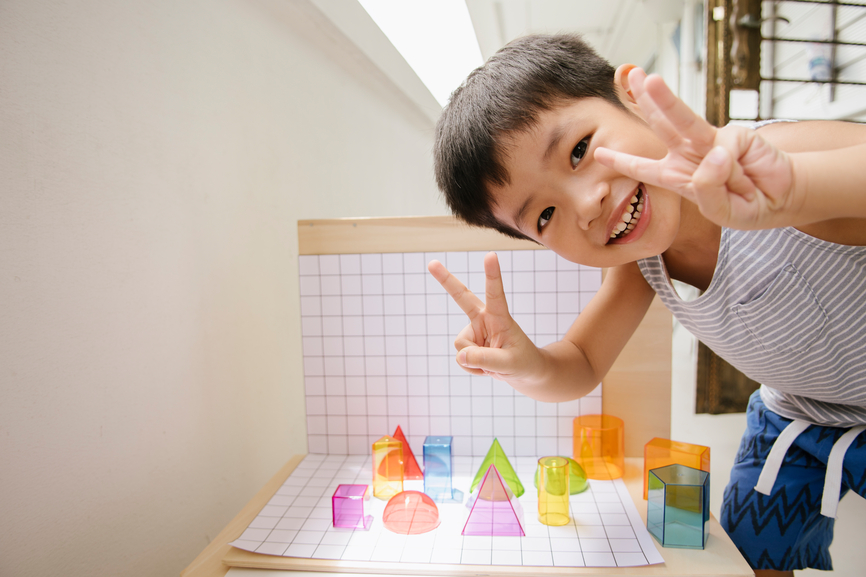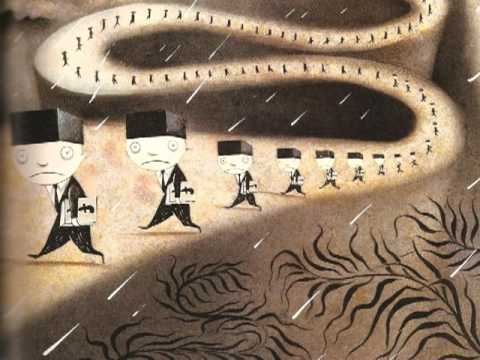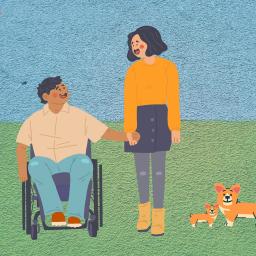Hooray for Diffendoofer Day shows the comparison between two schools. One is vibrant, variable, close-knit, and fun. That is until the principal announces that the school must take a test to see which school is the best (sound familiar)? If Diffendoofer School does not perform well, they will close the school and will be forced go to dreary Flobbertown where everyone is the same and there is only one way of doing and learning things.
Without giving away the ending, what is striking about Diffendoofer School is the open embrace of staff and learner variability, which empowers everyone, and makes Diffendoofer a fun and high-achieving place to be. Diffendoofer School reminds me of Universal Design for Learning. Universal Design for Learning is an evidence-based foundational framework that is rooted in neuroscience. By tapping into the brain’s affective, recognition and strategic networks, UDL’s promise is to proactively plan for learner variability by providing options, choices, and flexibility to curriculum and learning environments. There is no one way to learn in a UDL classroom. Each student's needs are assessed and met to the best of the instructor's ability.
In a UDL environment, variability IS the norm.
The most important requirement for implementing UDL is a systemic mindset shift. However, that mindset shift is not possible without taking a deep dive within ourselves. We must unearth our conscious and unconscious biases around when, where, why, and how learning happens. We must examine how our beliefs can consciously and unconsciously oppress others. How negativity that can be rampant in our schools is festered by traditional educational design, our own attitudes and beliefs, and this “because I said so” mentality that reduces learning to a passive act of forced compliance, power, and oppression.
The days of forced compliance are coming to an end. The days of the teacher bully are coming to an end. The days of the administrative bully are coming to an end. To do things because “that’s the way it’s always been done” is coming to an end. The power paradigm that churns out learners and teachers in a factory, one size fits all system, which is not inclusive nor accepting of diversity or variability, is shifting. UDL is the vehicle that will drive this necessary shift. The UDL mindset is empowered, celebrates variability, differences, and promotes equity and diversity with a compassionate heart and soul.
The work of UDL is healing work. It will heal our system as we shift, and will continue support the work as we move forward beyond the shift. It will help us navigate these necessary changes in our education system. It will take time, effort, and deep action, but it can be done. It will be uncomfortable. It will be scary. It will not be easy. However, when that shift happens, education will have emerged out of the darkness and into the light that empowers all staff, learners, and can spread into our communities.
There are some simple action steps that you can take to begin this process towards making education more accessible for all. Honor your fellow learners by proactively planning for their different learning needs. Actively involve teachers and learners in this process by co-designing learning experiences that are inclusive of all. Plant intentional seeds by sharing information about UDL with your peers. Include a clear goal in any lesson or training. Shower each other with love, even when it’s challenging to do so. If you don’t know how to solve a problem, remember that that is okay! Ask for support. Connect with each other. It is time for us to embrace these positive changes that are coming to the education landscape.
Hillary Goldthwait- Fowles, PhD. is a RESNA (Rehabilitation Engineering & Assistive Technology Society of North America) certified Assistive Technology Professional (ATP), who specializes in breaking barriers to learning through the use of Assistive Technology and Universal Design for Learning. She is the author of the book One Size Does Not Fit All: Equity, Access, PD, and UDL. You can learn more about Hillary's work on her website, or by following her on Instagram (@hillarygfowles) or Twitter (@hillarygfphdatp).





